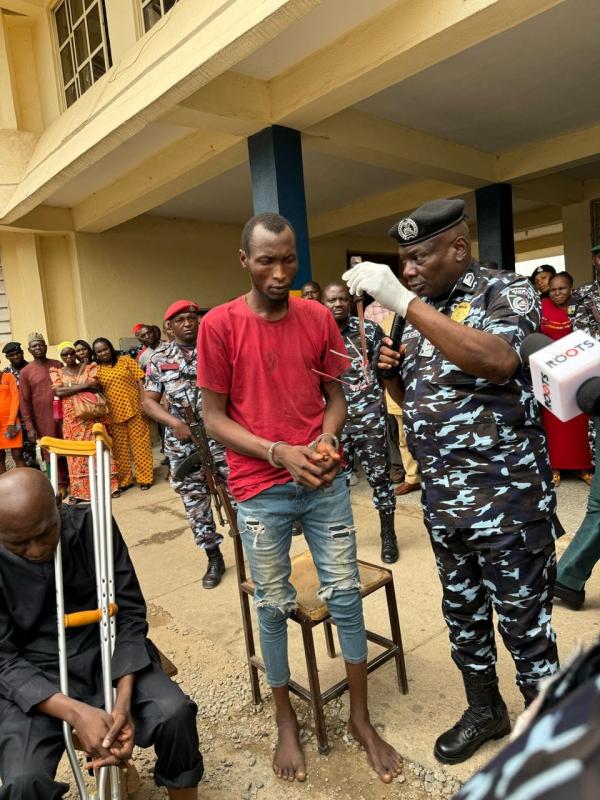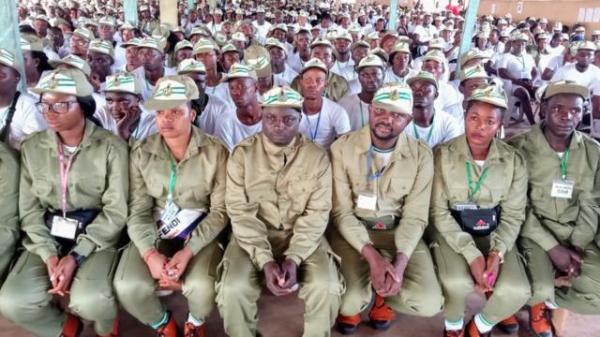
China has issued an ardent defence of its alleged mass internment of Uighur minorities in far west Xinjiang region amid a global outcry, with a regional official insisting that authorities are preventing “terrorism” through “vocational education” centres.
Up to one million ethnic Uighurs and other mostly Muslim Turkic minorities are believed to be held in such centres, according to estimates cited by a United Nations panel.
Former inmates have said they found themselves incarcerated for transgressions such as wearing long beards and face veils or sharing Islamic holiday greetings on social media, a process that echoes the decades of brutal thought reform under Mao Zedong.
The programme has come under increasingly heavy fire from the international community, with particularly heavy censure from the United States and the UN Committee on the Elimination of Racial Discrimination.
Chinese authorities initially denied the existence of the facilities. But they have changed their tune as satellite imagery and documents issued by their own government have made it increasingly difficult to maintain that position.
In recent weeks the story has shifted from outright dismissal to acknowledgement that the camps exist.
‘Infiltration of extremist thoughts’
In a rare interview with China’s official Xinhua news service published on Tuesday, the chairman of Xinjiang’s government, Shohrat Zakir, defended the use of the centres, saying that the region was now “safe and stable”.
The official did not say how many people were being held in the centres.
Zakir, himself an ethnic Uighur, said the facilities were intended to improve job skills and Mandarin abilities among minorities with “a limited command of the country’s common language and a limited sense and knowledge of the law”.
“Through vocational training, most trainees have been able to reflect on their mistakes and see clearly the essence and harm of terrorism and religious extremism,” Zakir was quoted as saying. “They have also been able to better tell right from wrong and resist the infiltration of extremist thought.”
China says Xinjiang faces a threat from what it calls “Islamist militants” and separatists. It rejects all accusations of mistreatment in an area where hundreds have been killed in unrest between Uighurs and members of the ethnic Han Chinese majority.
Zakir’s comments come a week after Xinjiang inserted into its anti-extremism regulations new clauses that prescribe the use of “vocational training centres” to “educate and transform” people influenced by “extremism”. Rights groups say the amendments are an attempt to retrospectively legitimise the practice.
Op-eds by Chinese diplomats have appeared in newspapers around the world, arguing that the programme is an effective means of eliminating the threat posed to the region by religious “extremism”.
An editorial in the nationalist tabloid the Global Times warned foreign governments on Tuesday not to meddle in Xinjiang’s affairs.





















